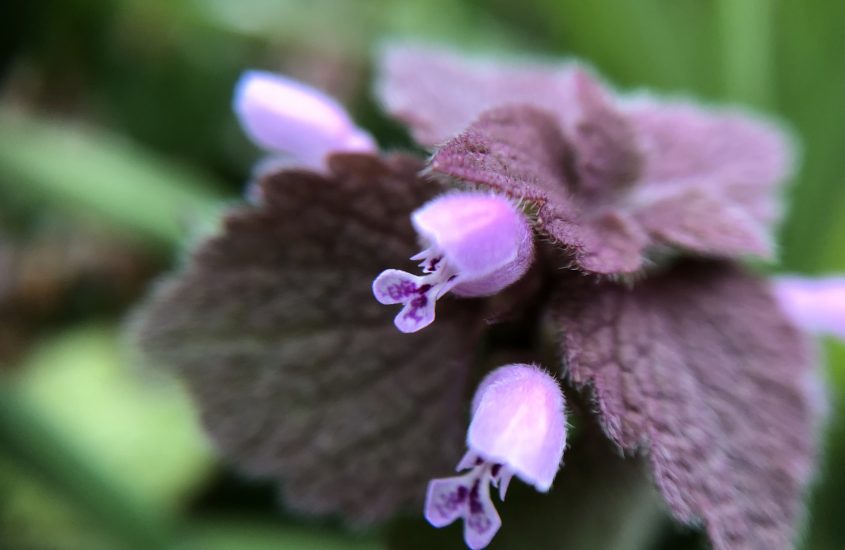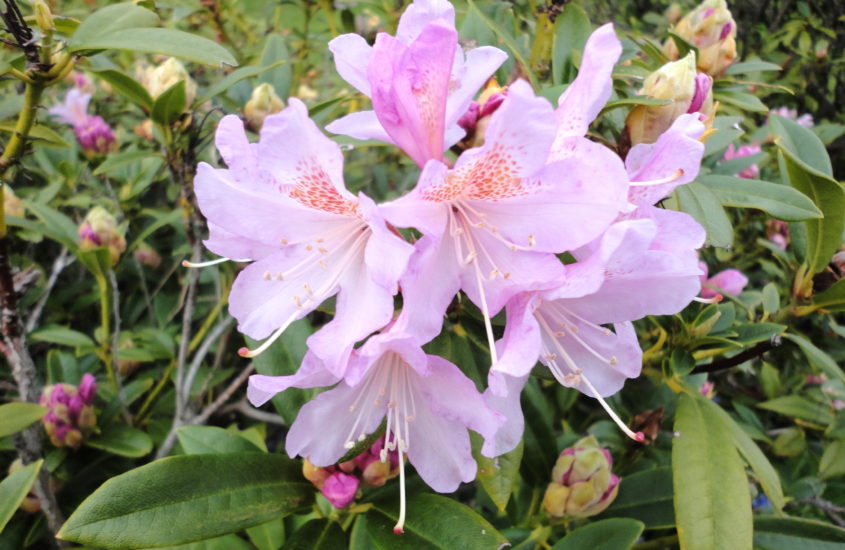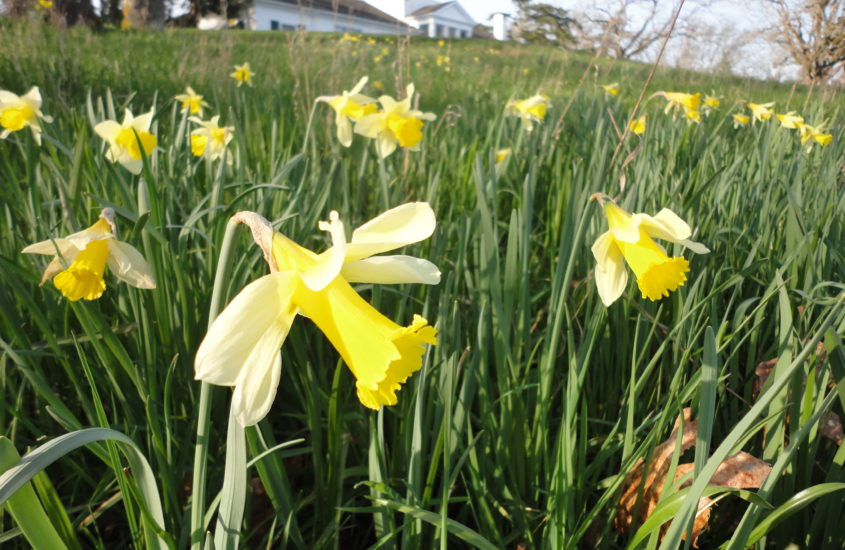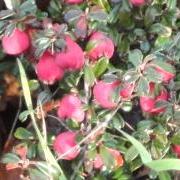Facing a World in Crisis with Mukesh Gupta, June 25 – 30, 2020
Facing a World in Crisis
Six online sessions with Mukesh Gupta
June 25 – 30, 2020
A series of six online talks and discussions with Mukesh Gupta from Varanasi, India, were sponsored by the Krishnamurti Educational Centre of Canada during the last week of June. Mukesh has been deeply involved with Krishnamurti’s teachings for a long time and given presentations in India, Europe, and the USA. He has also previously led retreats at the Krishnamurti Centre near Victoria, British Columbia. The number of participants attending the sessions varied from twenty-two to twenty-six, including Mukesh and K Centre staff.
Mukesh opened his first presentation with a survey of the development of the universe, as far as we know it, and the evolution of the human being. He pointed out that the “conditioning” of the human being must be looked at from a universal perspective rather than a personal one. We are all subject to similar conditioning factors, which include thinking and image-making, the weaving of stories and the identification with them, preoccupation with what “should be” and “becoming”, and a desire for security and pleasure with its shadow, fear.
Mukesh asked if we can be free of conditioning and suggested that only through being aware of it can there be freedom. Seeing illusion as illusion is the end of it. It is essential to ask an authentic question, and one such question is the inquiry into why we are not aware of our insensitivity to life and other beings. Is there a lack of the sense of togetherness, affection, and love? And why do we have so little peace and harmony in our lives? Can we stay with such important questions?
Over the six days Mukesh covered topics such as listening, looking, learning, leisure, the art of living, self-knowledge as the door to freedom, the constituents of our suffering, the power of choiceless awareness, passionate attention, the nature of the self or “me”, and other related subjects. Many questions were raised by the participants and clearly addressed by Mukesh. There were opportunities to break into small groups and have more intimate sharing. Questions and issues could also be shared by email. Appropriately, the final session focused on the nature of “meditation”.
Mukesh is very adept at presenting Krishnamurti’s teachings clearly and responding to issues that arise in the study and integration of the teachings into our daily lives. We are grateful for his willingness to join us and to be a meaningful part of the Centre’s programs. He will be with us again beginning July 18 for a further round of online meetings.







